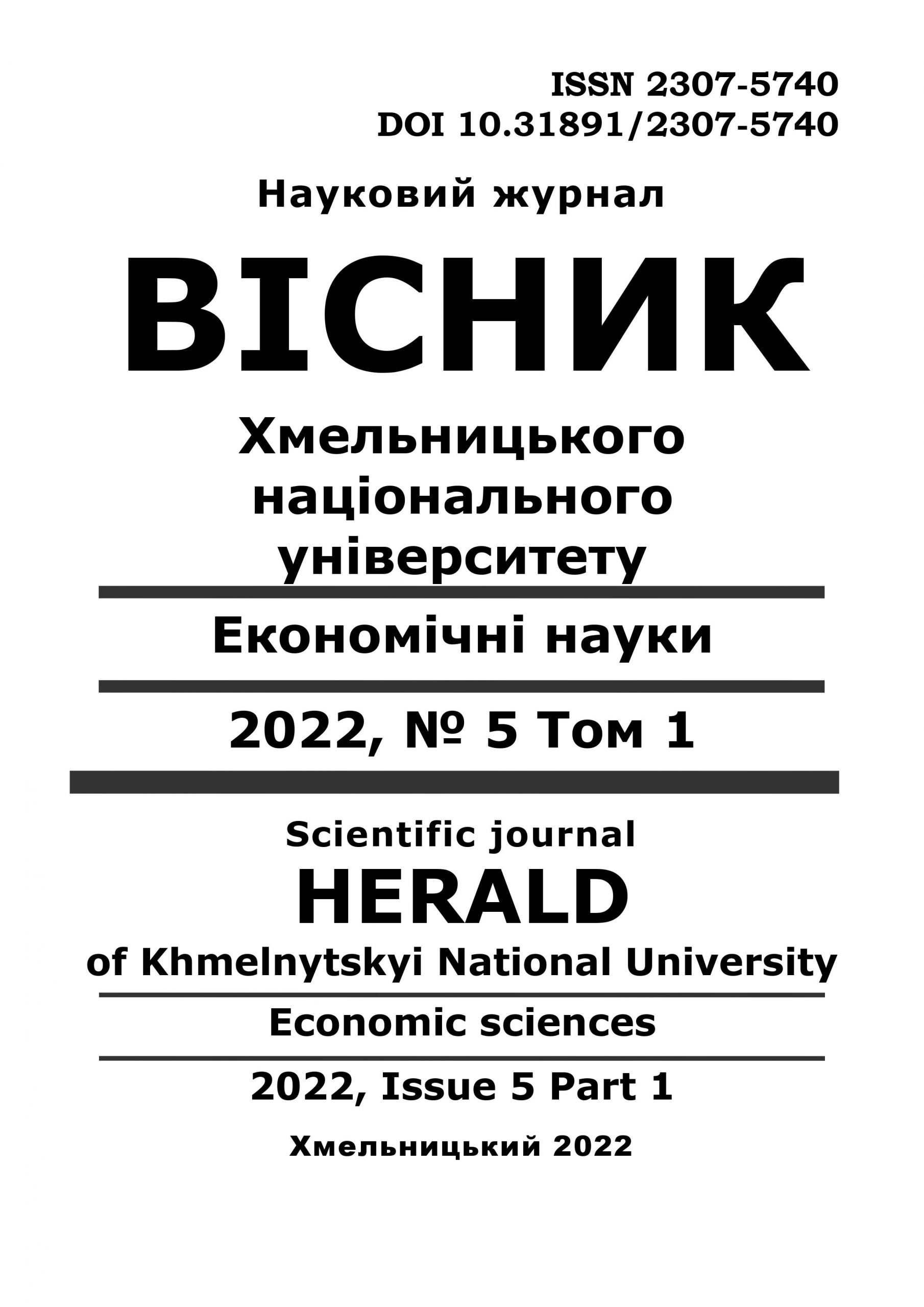MECHANISMS OF COORDINATION OF NATIONAL TOURISM SYSTEMS
DOI:
https://doi.org/10.31891/2307-5740-2022-310-5(1)-11Keywords:
international regulation, tourist activity, mechanism, coordinationAbstract
In the conditions of intensification of world globalization processes the role of international tourism in the system of international economic relations grows. Such activities provide an opportunity to intensify the socio-economic processes of development of developing countries and affect the growth of their competitiveness. In an environment where the service sector is becoming dominant, tourism plays a key role in international society, as it contributes to sustainable economic development, employment and poverty reduction, resource management, exchange of mental values, and mutual understanding between peoples. Therefore, special attention is paid to socio-economic transformations in developing countries, the search for new forms of international tourism in order to form a developed market for international tourism services. The experience of different countries shows that the success of tourism development directly depends on how the industry is perceived at the state level, to what extent it is provided by state support. The potential of tourism in many countries allows to attract significant funds to the state budget, increase the income of related sectors of the economy, promote employment, improve the state of tourism infrastructure. Various organizational systems for tourism management are now in place, from independent or related ministries to national administrations directly subordinate to the government. In addition, some countries in the world regulate tourism activities only at the level of regional government, others - do not have government leverage over tourism. The tourism policy of the countries, regardless of the chosen model of state regulation, is aimed at strengthening the tourism economy and increasing the economic efficiency of this sector of the national economic complex. And the final positive result of such a policy largely depends on the effectiveness of management decisions and the interest of the authorities in their further implementation for the sustainable development of the tourism sector.


